When Miguel Díaz Canel was the Communist Party’s First Secretary in the Holguín province, I was a doorman at the El Jazz Club Cabaret in the city’s downtown. One evening after 8 pm, Díaz Canel walked in with three Central Committee members. An elderly lady then arrived with three children at the Club’s entrance. She came to me and told me she needed to speak with Díaz Canel, because he had promised he would help her but never did. I allowed her to go in because I do not like injustice and I wanted to see what the First Secretary would say.
From the entrance I heard as the lady, with a faltering but loud voice, told him: “You’re a cynic with no soul, God must punish you. You promised you’d repair my house, which burned down, but you never did.” The lady was immediately taken out, put in a car and taken away with her three children. I never saw her again.
The following day, when I arrived at work they called me to explain why I had let the lady in. I told them I let her in because I thought it was unfair they had promised to help her but did not do so. At that moment they accused me of being a counterrevolutionary and told me that if I did not change my political thoughts I could not continue working there. I replied that my thoughts were not those of a counterrevolutionary but of a fighter for human rights and four days later I left the place.
During his time in Holguín, Díaz Canel left the province more impoverished. What he did was to promise without delivering, damage the province’s economy and fill his pockets with money. All that is left of his project “Imagen de Ciudad” (“City Image”) are the boulevards and the parks he promised he would repair. They have not been finished ten years after he left. The houses that were falling apart in the vicinity remained like that. His “Plan Rastrillo” (“Rake Plan”) left hundreds of local people without a job. It consisted of taking away any merchandise street vendors better known as carretilleros (pushcart vendors), arrest them and impose high fines that were impossible to pay. We, Cubans have to think carefully which is the Cuba that we want.
Our children’s future is our responsibility and we do not want they to live under a dictatorship as the one we have suffered for more than 50 years. I, Pedro Pablo Celestrín Reina, take full responsibility for this text, and I call on all Cubans to defend their rights. A new, free Cuba is possible. I am the Defensoría del Pueblo’s (People’s Defense) coordinator in the Province of Holguín.
Pedro Pablo Celestrín Reina.

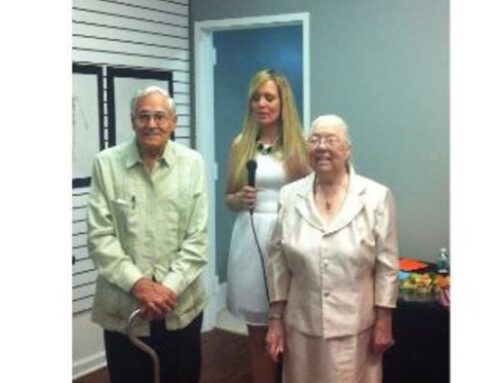
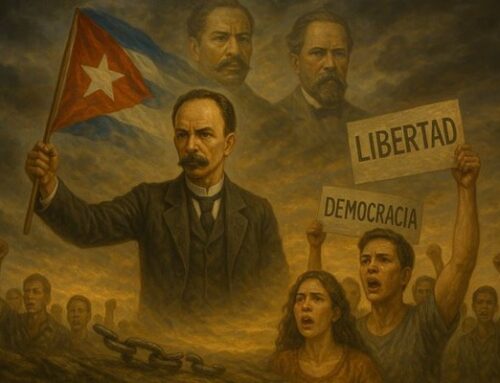
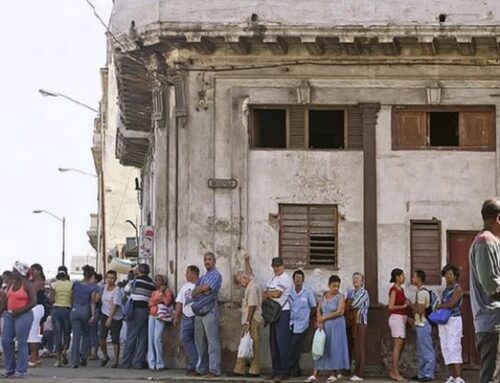
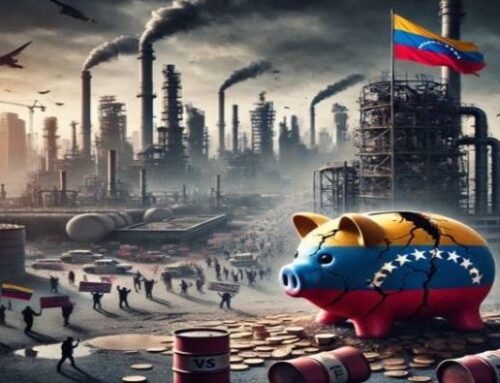
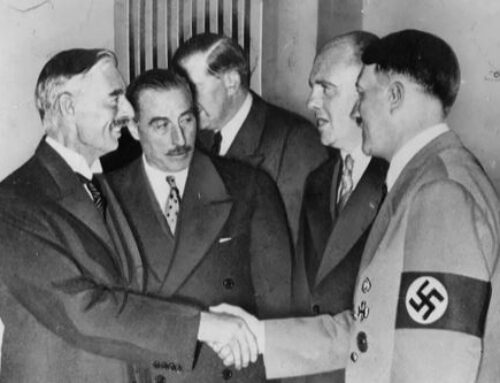
Deja tu comentario